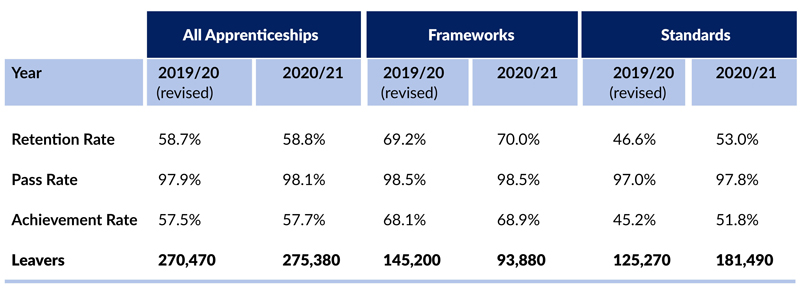National adult education budget (AEB) procured contracts are being extended for another year, the Education and Skills Funding Agency has announced.
Training providers that were successful in a controversial tender to win adult education funding from central government in 2021/22 will have their allocations renewed into 2022/23 for one year.
In total, £74 million was allocated to private providers this year, which was down by one-fifth on the £92 million in the last AEB tender from 2017.
FE Week analysis shows the number of private providers with a direct ESFA AEB contract has now shrunk by almost 60 per cent, from 208 to 88.
Several long-running providers who missed out on the contracts previously accused the ESFA of using last year’s AEB tender process to “manoeuvre its hidden agenda” of shrinking the private provider market – as they spoke out about “horrendous” bid rejections.
There has been a mixed reaction to the announcement that there will be no new procurement for 2022/23.
Mark Dawe, chief executive of The Skills Network, said: “After the disappointment of missing out on a contract in the last procurement by one mark, and no real explanation as to how we dropped marks, we would obviously like to go for it again.
“However, I’m not sure the sector could take another procurement at the moment after the mess we had to endure last year and the disruption it causes. The ESFA needs to get their procurement processes right before they run another one.”
Simon Ashworth, director of policy at the Association of Employment and Learning Providers, said the contracts extension is a “sensible decision”, given the “difficulties” of procurement last year.
“An extra procurement exercise covering a single year period would have resulted in a disproportionate level of disruption as well as unnecessary added costs for providers and taxpayers,” he added.
Jill Whittaker, managing director of HIT Training, said the contracts extension is “not exactly surprising” but expressed frustration at the decision.
“As a provider who lost their AEB contract of 15 years last year due to a submission error that left the information incomplete, I am very disappointed at not having the opportunity to rectify the situation,” she told FE Week.
The majority of HIT’s AEB was used for functional skills. Whittaker said her provider still has large volumes of these learners, and the only current option is to put them on to an apprenticeship instead, which she says is a “mammoth task” and “off-putting” for some.

